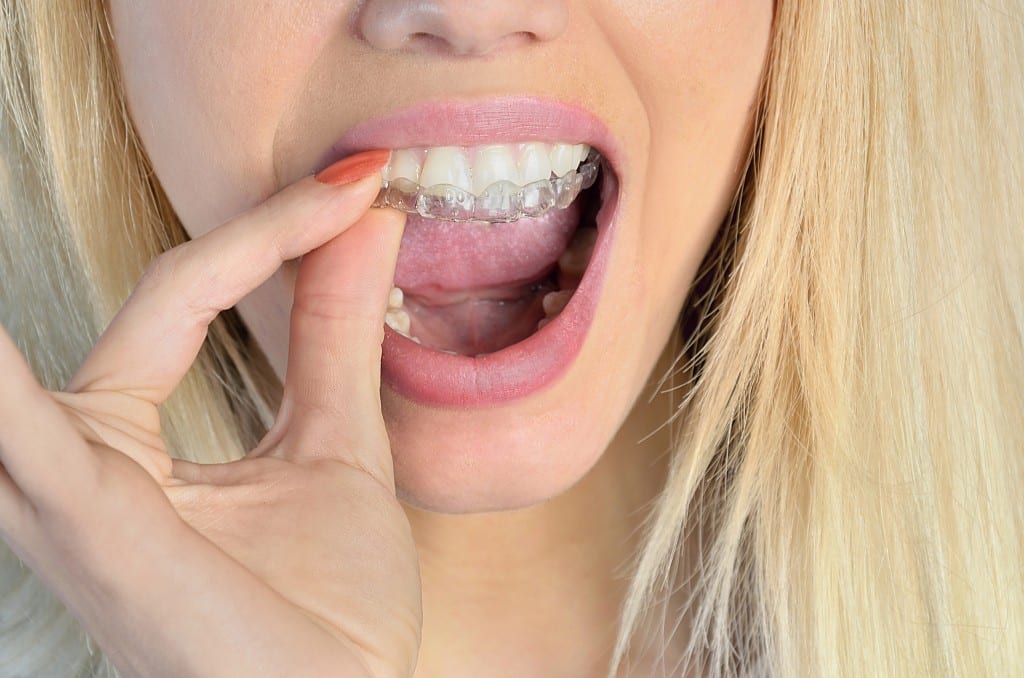If you wake up in the morning with jaw pain, tightness or popping sounds, you could be grinding your teeth at night. Dentists can tell if you have been tooth grinding by doing an examination of your mouth. Teeth grinding, referred to by dental care professionals as bruxism, is usually an unconscious movement of your jaws that gnashes your teeth together with incredible force. These repeated movements can leave you with increasing levels of pain and dental damage.
Causes of Bruxism
There are many causes of bruxism. Misalignment of your teeth may cause you to grind them in efforts to get your jaw into a comfortable position. If you have missing or crooked teeth, these can also cause you to do night grinding. Stress and anxiety are two of the most common causes of tooth grinding. You may notice that during particularly stressful times, you get more facial, jaw and head pain. This could be from the grinding.
Identifying the Problem
If you think you are grinding your teeth, a dental exam can usually spot the signs. The most common symptoms of night grinding include morning headaches, jaw popping and worn enamel on your molars. Severe or prolonged bruxism could chip your teeth or even cause your molars to crack.
Solutions for Night Grinding
Your dentist can try several ways to lessen your tooth grinding and relieve your pain. These techniques also help to halt the damage caused by bruxism. If you have a missing tooth, an implant or partial denture could fix the problem. Orthodontic care may be able to correct crooked or misaligned teeth. An easy, non-invasive solution that you could also try is a custom night guard. A night guard is worn overnight on your top teeth and acts as a cushion to protect your teeth from the pressure.

